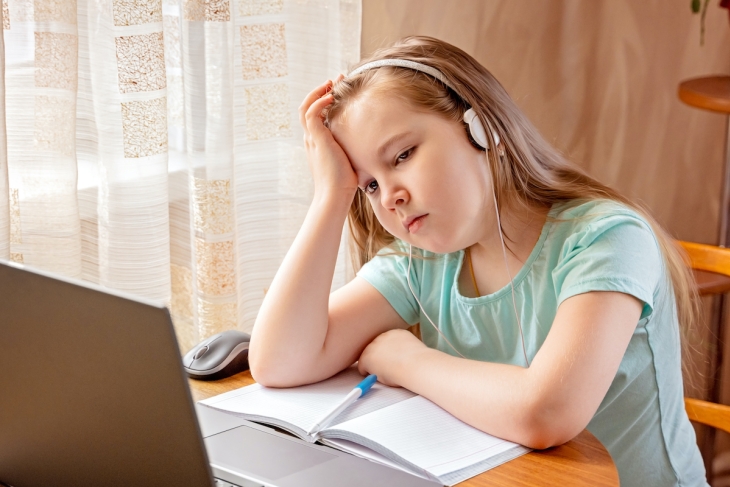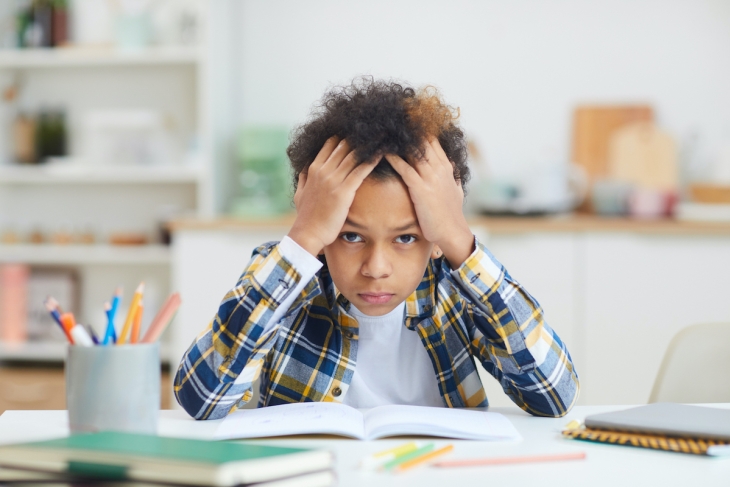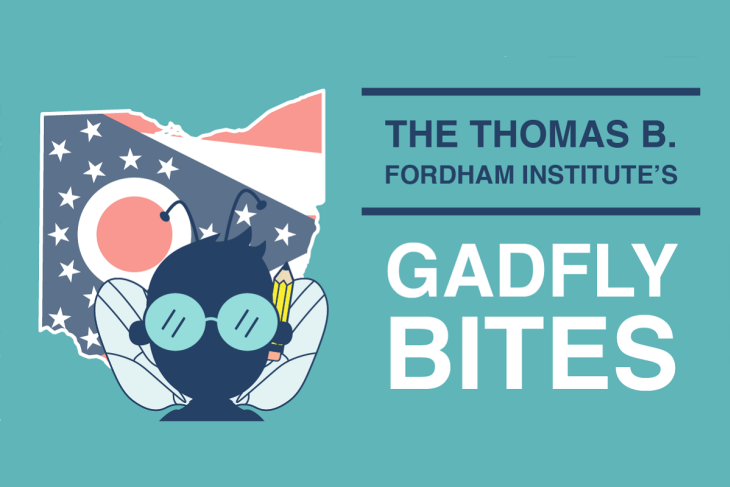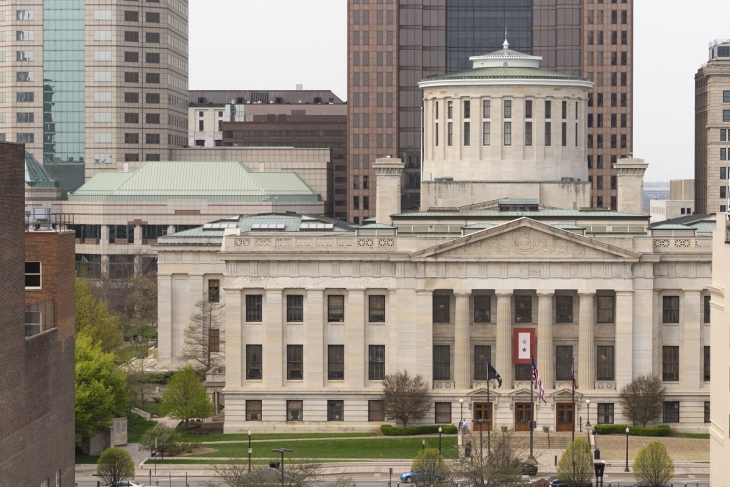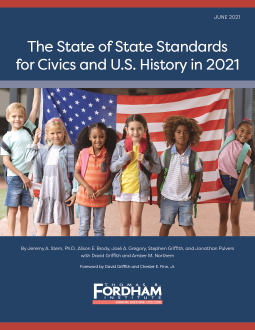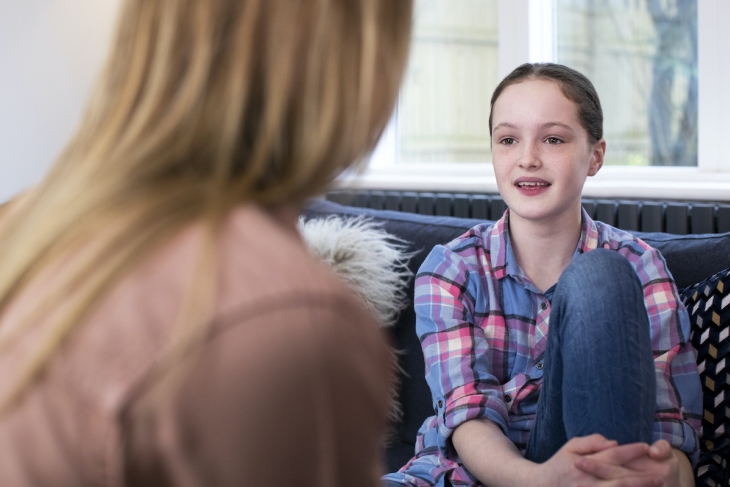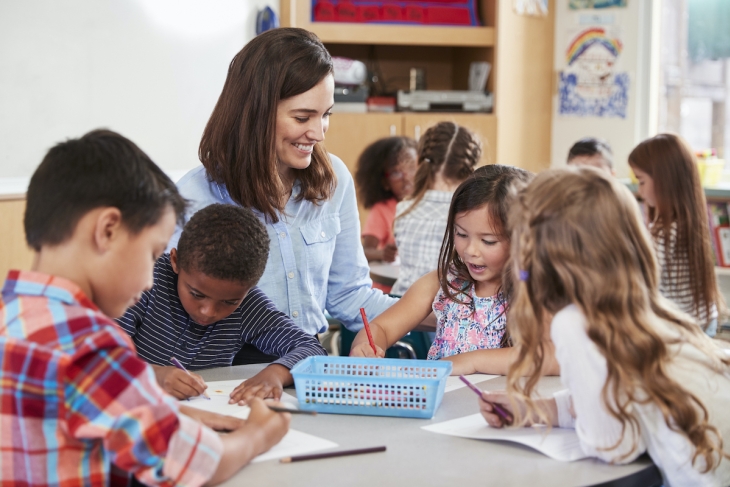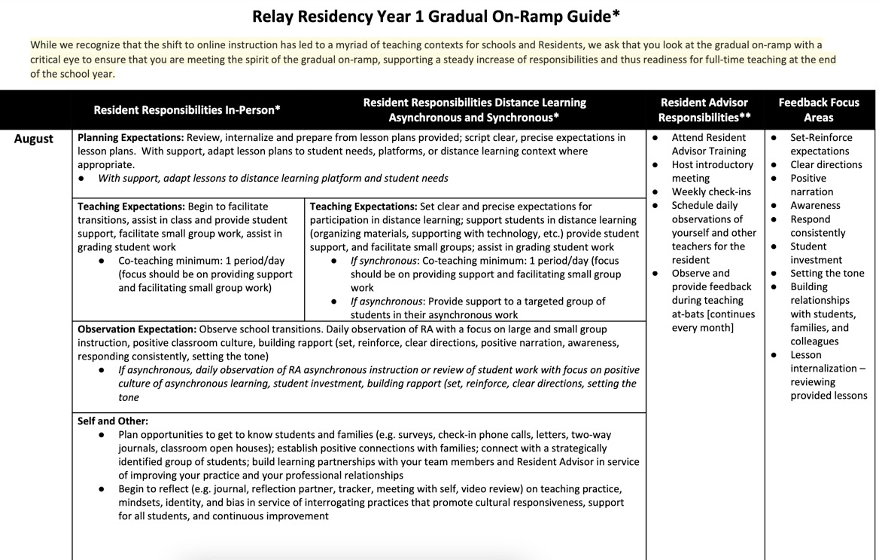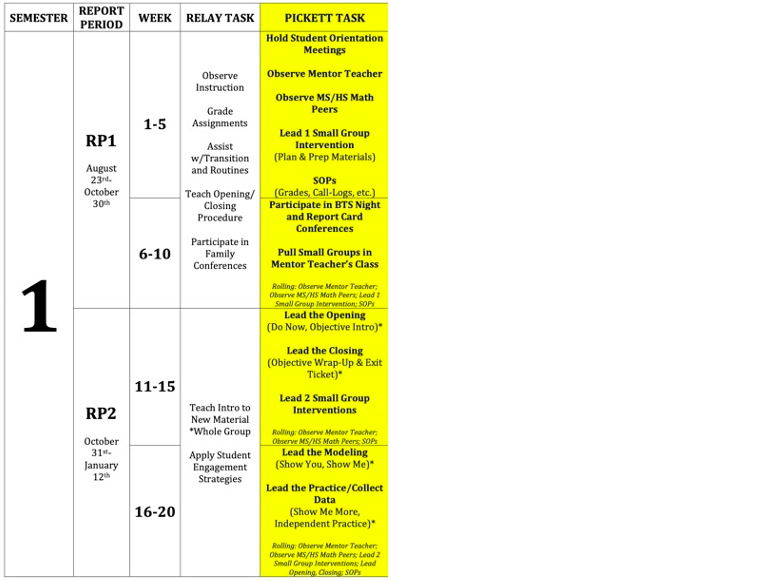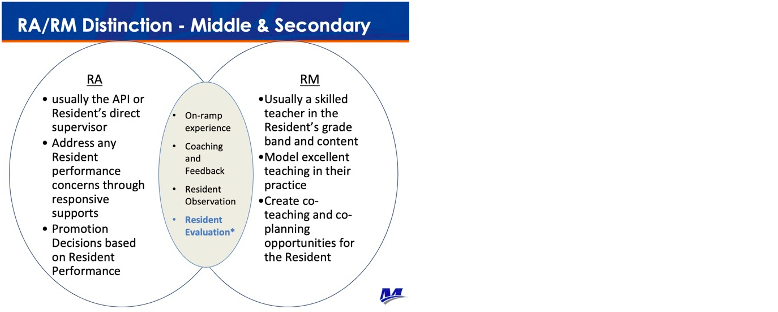A crisis like a pandemic can spark unpredictable changes in trends and behavior, like widespread mask wearing in the United States. But it also can accelerate changes that were already underway but otherwise would have taken root much more slowly. For example, working remotely was a relative rarity in early 2020; now many organizations may never again expect all employees in the office five days a week. And outdoor eating spaces, an occasional curiosity in some cities, have popped up nearly everywhere. Lots of cities and small towns have made it clear that they would like to keep this innovation even after the crisis recedes.
So too in the world of K–12 education, where some new pandemic-era practices are likely to persist for the long term. Some of these are simple and straightforward. Using Zoom for parent-teacher conferences and PTA meetings makes life easier for working parents. Online curriculum materials rather than printed textbooks may also have staying power, since so many students have Chromebooks or other internet-connected devices. Others are more complicated, such as recording a school’s or district’s best teacher giving key lessons and using those videos in multiple classrooms. That frees up other teachers to provide support and individualized instruction—a nimble, but politically sensitive, way to rework teachers’ roles and use technology to improve instruction (see “How Big Charter Networks Made the Switch to Remote Learning,” feature, Spring 2021).
But as both common sense and classic conservatism would submit, not all of the changes that have occurred in education during the pandemic are positive. And just as there are some innovations that we should strive to maintain in the post-Covid era, there are others we should leave behind.
Here are my top five—including several that are close cousins (perhaps evil cousins?) of more promising ideas.
1. Roomies and zoomies simultaneously
First, and perhaps most obviously, we should never again ask teachers to instruct half of their students in person and the other half remotely at the same time. Randi Weingarten, president of the American Federation of Teachers, called it “not humanly possible”—and she’s right.
This hugely unpopular “concurrent” model is surely the worst of both worlds, just like a videoconference with half the participants in person and half logging in from afar is particularly unworkable. We know that, done right, remote instruction can work well for some teachers and students. But not when teachers are also trying to engage students in person at the same time. There’s little doubt that this approach has created an enormous amount of stress for teachers and a subpar learning experience for kids.
Careful readers might wonder how I can square this with my previous advocacy for keeping teachers’ cameras turned on once everybody returns to the classroom (see “A Post-Covid Case for Classroom Cameras,” Spring 2021). And that’s a fair question. As I (and others) see it, it’s much more manageable for teachers working in a live classroom to have a handful of students following along at home, or even watching later via a recorded lesson, than try to engage what the Center for Teaching Quality calls “zoomies and roomies” in real time. If kids are home sick or down the hall because of in-school suspension, administrators can make it clear that teachers are not expected to call on them or otherwise engage them. But allowing absent students to watch what’s happening in class is better than nothing at all.
There may be some enduring need for remote learning in the months and years ahead, especially for medically fragile students. In addition, as New York City has decided, districts may do away with “snow days” and keep school virtually open when buildings are closed due to snow. Districts should offer robust online-learning options to families that want it—either by partnering with companies who specialize in this or by standing up their own programs. But this should be separate from in-person instruction.
2. Waiving seat-time requirements
We need to make similar distinctions with the second item on my list: the cancellation of so-called “seat-time” requirements, which award course credit based on a minimum amount of instructional time. Given the need for social distancing, and the public-health priority of keeping adults and kids safe, many states understandably waived requirements that schools hold session for a certain number of hours or days in 2020 and 2021, while allowing students to progress through their classes. Likewise, states temporarily let go of many or all mandates dictating the number of hours allocated to particular subjects.
Education reformers who have been advocating for mastery- or competency-based learning were excited about that development, as moving away from seat-time rules was something they have advocated for years. But during the pandemic, many states simply got rid of seat-time requirements without substituting anything else in return. They did not ask schools to make sure that their students demonstrated competency in critical subject areas, as adopting mastery-based learning standards would require. Nor did they make sure the kids were getting the comprehensive educational experience that states are morally and legally obligated to provide.
By all means, let us continue to experiment with ways to move towards competency-based programs, especially for older students. But while we work towards that vision, we need to put those seat-time requirements back in place.
3. “Asynchronous” days
The reason is related to my third item on the list of “innovations” that should go away: so-called “asynchronous” learning days, which are school days without live, or “synchronous,” instruction. In Montgomery County, Maryland, where my two sons attend traditional public schools, every Wednesday is asynchronous. The idea, as far as I can figure it out, is that custodians would spend Wednesdays doing deep cleaning (which is now understood to be “hygiene theater”), while teachers would provide individualized instruction to the kids who need it most. Meanwhile, the majority of students would do independent work at home.
I don’t think I am ratting out my sons by reporting, though, that very little independent work was happening on Wednesdays, beyond some regular homework that would and should be expected any day of the week. Without a clear plan, “asynchronous” days are just extra time off.
I am broadly in favor of allowing schools to experiment with new schedules. For example, “half-time high school” could include having kids learn from home several days a week, or several hours a day, or even shift to a college-like schedule, with more time for independent work. But that’s not what happened during the pandemic. In that case, some school districts simply gave up on providing a five-day-a-week educational experience to their students and expecting students to put in effort every day, as well. A recent study found that, even before the pandemic, districts and schools that downshifted to a four-day school week rarely offered meaningful learning opportunities for students on the fifth, out-of-school-day, and student test scores in math and reading declined (see “The Shrinking School Week,” research, Spring 2021). There is no reason to keep asynchronous learning days once the pandemic is over.
4. Grade inflation
The fourth big change that isn’t worth celebrating is the rampant rise in grade inflation. When the school shutdowns struck in the spring of 2020, many districts decided that it would be unfair to apply normal grading policies for the fourth quarter, given the unevenness of access to remote learning. Some simply assigned students the grades they had already earned by mid-March or, like my home district of Montgomery County, rounded up their mid-March scores to the next highest letter grade. Others shifted to pass-fail systems.
Those policies could be defended during an emergency, but the downside is obvious. It sends a clear message that kids will not be held accountable for paying attention, doing their homework, and learning new material. Until we reach the day when intrinsic motivation is enough to get most kids and teenagers to prioritize their schoolwork (in other words, never), or when we’ve transitioned to a system focused on mastery, we’re going to need grades to get kids to put in the necessary effort (see “The Case for Holding Students Accountable,” feature, Spring 2018).
5. Diploma devaluation
Finally, let us never again decide to graduate tens of thousands of students from high school regardless of whether they mastered learning expectations or not. A cynic might say that high schools and school systems have been doing that for years, and in some parts of the country, that is probably true. But before the pandemic, in about twenty states, students were expected to pass some sort of exit exam or end-of-course exam to graduate (though that number has been trending down). And in the others, students had to pass a certain number of courses in order to earn that diploma.
States canceled those examination mandates in 2020 and 2021, for obvious reasons. But school districts waved the white flag as well, patting themselves on the back for graduating kids regardless of whether the students had even come close to meeting standards. In Chicago Public Schools, for example, officials celebrated a record-high graduation rate after easing graduation requirements and shifting to a pass/incomplete grading system. It was essentially impossible for students to fail.
To be sure, helping more students graduate high school is an urgent goal. But it also urgently important to make sure they graduate well prepared for what’s ahead. It does students little good to pass them along and give out diplomas without ensuring the kids can read, write, and do math at an accomplished high-school level. Consider Miami-Dade County Public Schools, where a recent review of high-school achievement found a majority of students failed state tests in English, math, and science, despite the district’s graduation rate of 85 percent.
Let’s return to common sense: if a high-school diploma does not reliably guarantee a minimum base of knowledge and skills, then we have created a policy that punishes graduates who earned their diplomas but now have no way to signify to employers that they achieved something worth paying attention to. We are also signifying to students who have not fully earned their diplomas that they are ready for life after high school, and they are not.
It’s become a cliché to say that, post-pandemic, American schools shouldn’t try to go back to normal. That’s true in many respects. But in some cases, back to normal is exactly where we need to go—the sooner, the better.
Editor’s note: This was first published by Education Next.
